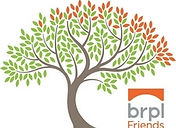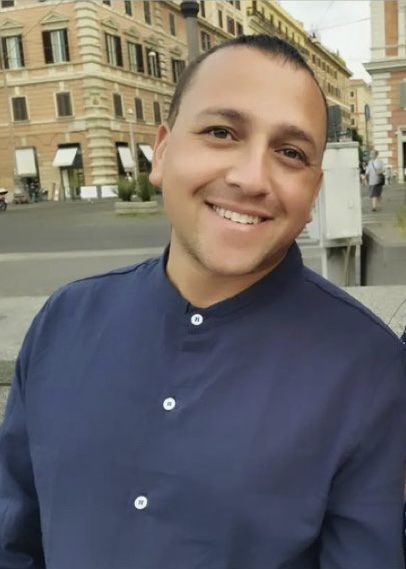Veteran's Day
- Jacob Kimbarow
- Nov 11, 2022
- 4 min read
Updated: Jul 10, 2023

One of the best ways to learn about a topic that you did not experience yourself, is to read the stories from the people who did have that experience. With Veteran’s day approaching, the need to highlight and elevate the stories of Veterans and their families is at the forefront of my mind. Veteran’s Day is a day meant for honoring our veterans and the sacrifices they have made, and continue to make in service to our country. To properly honor our veterans, it’s important to remember that Veteran’s Day isn’t just a day off from work. We should all strive to learn more about our veterans and their experiences so that we can better honor them. There are countless incredible books, biographies, and memoirs written by veterans that give insight into their experiences during battle, and how those experiences shaped their lives. In the book, Soldiers Once: My Brother and The Lost Dreams of Americas Veterans, Catherine Whitney writes “The great myth of war is that it can be left behind,” This quote succinctly summarizes the impact war has on our veteran’s lives and has inspired me to share the story of a veteran in my life.
My grandfather fought in WWII, and just like many of the greatest generation, he sacrificed an unfathomable amount for his country. During the war, my great uncle Max was killed in action, leaving my grandpa as the only surviving child of my great grandparents. Despite my great grandmother writing a letter to the White House asking for her only remaining son to be withdrawn from action and sent home, my grandfather was made to continue fighting, and as the war continued, he was shot in the leg during the Battle of the Bulge. While he was lying wounded

on the ground, he removed his dog tags which showed that he was Jewish and threw them away so that when he was taken prisoner by the Nazis he wouldn’t be killed. My grandfather was captured and held as a prisoner of war for 9 months. At some point during this period of captivity, a Nazi prison guard came in and asked the group of American P.O.W.s if any of them were Jewish. Five prisoners came forward and said they were Jewish, and they were lead away to what my grandpa assumed was their death, but my grandfather did not speak up so he wasn’t one of them.
These experiences during the war shaped the way my grandpa lived the rest of his life. My grandfather had three children, my dad and his two brothers. My grandpa told my dad that he made sure to have three children in case one of them died, that way none of them would ever have to know what it felt like to be left alone. My grandpa had two rules throughout his life that were so important to him, that my family still abides by them even though my grandpa passed over 15 years ago. My grandpa always made sure that if you are having a party or gathering of any kind, there must be enough seats so that if everyone in attendance wanted to
sit down at the same time they could, and the second rule was there must be
enough food so that nobody leaves hungry. These rules were shaped by his time as a P.O.W. Since he knew what it felt like to go hungry and be in discomfort, he never wanted anybody to feel that way. He also felt guilty throughout his life feeling like he had forsaken his parents and heritage by throwing away his dog tags and not admitting he was Jewish to the Nazi guard. My grandpa was an incredible man. His willingness to talk about his experiences helped me to understand why he was who he was and how his experiences shaped his life. Not everyone is as fortunate as I am to have had such an amazing veteran in their life to give them these insights, which is why I feel it is important to encourage others to read and learn more about what our veterans go through both during war and after.
We can all do, and learn more and try to be of service to those who served. If you have the time or resources, there are many great organizations that help veterans such as The VFW, and the Wounded Warrior Project where you can volunteer or donate money. Check in with any veterans in your life, see how they’re doing and what support they might need, and if they are willing, talk to them about their experiences and how they feel their lives have been impacted. If you don’t have any veterans in your life, you can at least pick up one of the many great autobiographies or memoirs written by veterans and their families to read their stories, learn more about their plight, and be better prepared to understand and help any veterans you may meet in the future.





Comments